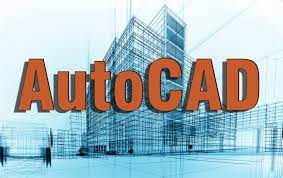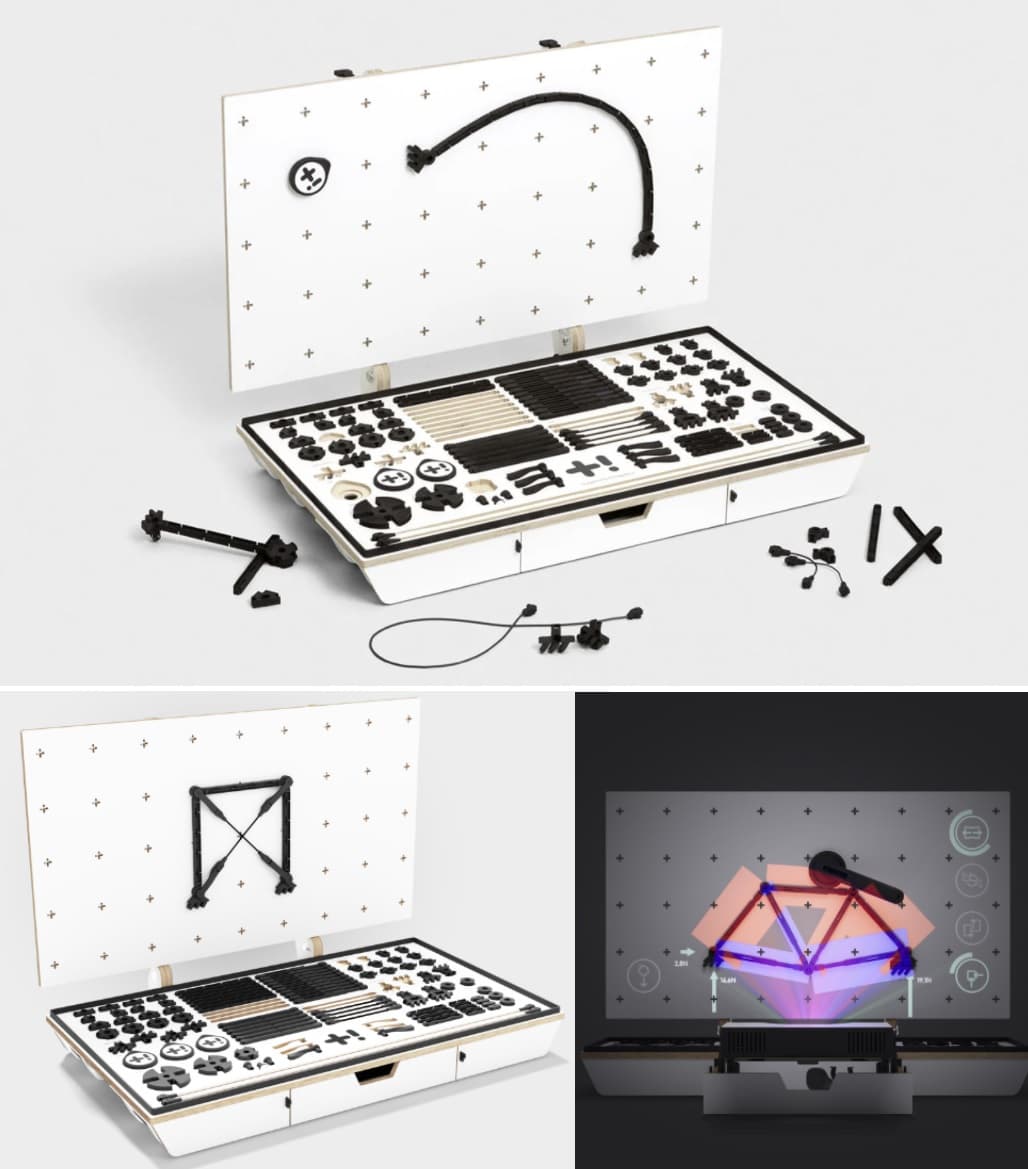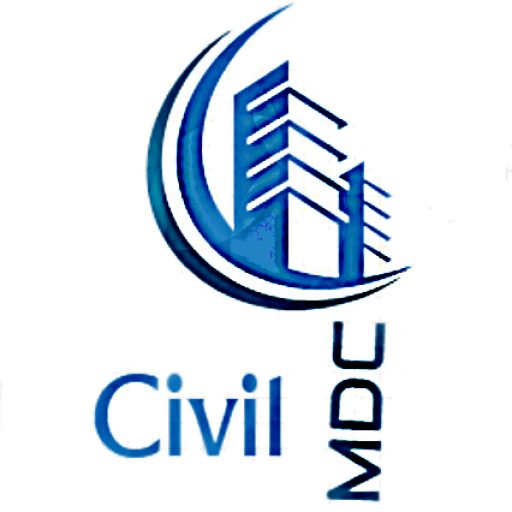
A Concrete Masonry without Cement Mortar masonry system consists of Interlocking compressed earth blocks(ICEB) or concrete interlocking blocks or fly-ash interlocking blocks that are laid dry-stacked or with minimum mortar slurry in a stretcher bond in a wall.

An emerging sector of construction is developing new systems that manage to not only reduce construction times and costs, but also solve the housing problem in most disadvantaged areas. Originating from previously known construction techniques, national companies are venturing into international markets by proposing new models of construction that use fewer materials and have a greater structural strength and greater comfort. They’re also introducing smart materials adaptable to any construction need.
As part of this new industry breakthrough, developed a new, low-cost construction system which also reduces construction time by 50%. It uses single module blocks and doesn’t require binders, mixtures, or skilled labor.


The system of dry-stacked interlocked masonry enables affordable building construction, speedier construction of high quality in stretcher bond as well as enhanced aesthetic properties. The walls constructed using this system may be left exposed, plastered or finished with cement paint.
It is a mortarless masonry system using blocks that interlock to provide leveling and alignment. Though still uncommon, these systems could be used to construct strong, durable, and cost-effective buildings.
In this method of masonry construction, blocks are not laid on mortar except in the first two block layers above DPC and top two courses leading to roof band.
As per the requirement of IS 4326:1993 (Indian Standard for Earthquake Resistant Design and Construction of Building – Code of Practice), a thin mortar of the specified type can be used even in these Interlocking types of the blocks.
This type of masonry system relies on self-weight to resist external forces through interlocking mechanisms of shear keys.
Benefits of Dry-Stacked Interlocking Masonry System
- Benefits of Dry-Stacked Interlocking Masonry System
- Reduction in construction time. Due to this, building construction cost also reduces.
- Reduced requirement for skilled labor.
- Reduction in usage of costly cement.
- Interlocked masonry units can be dismantled easily and can be reused.
- Blocks are water-cured and do not require the burning of fuel.
- Wall face surfaces are even. Plastering is not required but can be done as an option.
- The requirement for unskilled labor makes dry stacking particularly attractive against labor based work.
- It is a self-aligning masonry system that uses minimal amounts of mortar (or no mortar).
- Reduction in quality control problems as in the case of mortar construction such as mortared joints e.g. inadequate bond and mortar cracking that provides an obvious path for water penetration would no longer be the factors in dry-stacked assembly’s performance.
- Good quality control over the manufacturing of blocks and assembly as it is done at the manufacturing factory. Quality control of the assembly would lie with the manufacturer of the interlocking block, substantially reducing responsibility at the job-site.
- Faster construction compared to masonry units, as the mixing and placing of mortar is avoided. Using interlocking units without mortar, the mason could put more units in the wall in a given period of time. Output has been as much as 900 to 1,200 units a day per crew.
- The combined effect of less skilled labor and increased output has been estimated to reduce labor cost by as much as 80%.
- The interlocking block provides stability during construction, floor and roof loads could be placed on wall assemblies without waiting for mortar to cure, thus further speeding the construction process.
- The blocks have an extremely appealing face-brick finish and provide a pre-pointed straight masonry that uses minimal or no mortar. The thickness of the masonry can be controlled giving more carpet area and less cubic contents of the blocks.
Suitability of Dry-Packed Interlocking Block Construction
In Load Bearing Masonry
Since blocks are of 220 mm width and can be made of block strength > 75 N/mm2, same can be safely used for Load Bearing construction. In terms of IS 1905, masonry can be done with thin mortar slurry of 1:3.
In Framed Structure Masonry
Brick/block work is to be used as an infill only. Dry-stacked block work can be used in out-walls of +/- 220 mm thickness. For block work of lesser width, it is recommended to use mortar slurry.
In Reinforced Masonry
Interlocking blocks with horizontal and vertical cavity provide an ideal solution for using reinforcements to suit the structural design requirements, of reinforced masonry.








Good idea, but it still needs a calculation notes for lateral forces comparing to the traditional one
Hello can you contact me on my whatsapp number +2348182305597 and we will give you all you need on this technology.
How can one get these moulds supplied to Nigeria.
Hello can you contact me on my whatsapp number +2348182305597 and we will give you all you need on this technology. My email is yajagbonna@gmail.com.
How can one get the moulds in Mombasa, Kenya?
Hello can you contact me on my whatsapp number +2348182305597 and we will give you all you need on this technology. Email: yajagbonna@gmail.com
I am interested in the moulds
Hello can you contact me on my whatsapp number +2348182305597 and we will give you all you need on this technology. Email: yajagbonna@gmail.com
Iam interested and wants to put up a plant here in India. Please mail me the details to navietek@gmail.com and navietek@yahoo.co.in
V Natarajan
President
NAVIE TEKNOKEM
http://www.navieteknokem.com
Mibile 91 9364448667
My name is Engineer Yiga Kasimu from Kampala Uganda, I like to have these molds here in Kampala Uganda
Please how can I get the moulds to Nigeria.
Kindly assist with all the necessary informations needed to mame this possible.
Hi, I am interested
May I know the product details and availability also
vivektv43@gmail.com
+974 70135393
Hi I would like more information about the blocks. Production, tests, price Please.
I am from Pakistan and interested to put up a plant in Pakistan. Please mail me the details to faisal@ahtml.com.pk and fasial_tojo@yahoo.com
Faisal
Business Analyst
Mibile 92 3336118112
How can one get hold of the moulds? Please advise.
I’m interested to invest in this idea and put a plant in India. Please share the communication details to connect with you.
Intresting…please send details about Moulds…to venkat.panyala @ Gmail.com
Thanque.
Hello sir 👋. I like your idea and design 9f your blocks. So if I want in India specially in Chennai. How can I get this black and how is the price for this black. Kindly let me know thanks. My contact number is+917845658576 , +918667503992
Hello sir 👋. I like your idea and design 9f your blocks. So if I want in India specially in Chennai. How can I get this black and how is the price for this black. Kindly let me know thanks. My contact number is+917845658576 , +918667503992